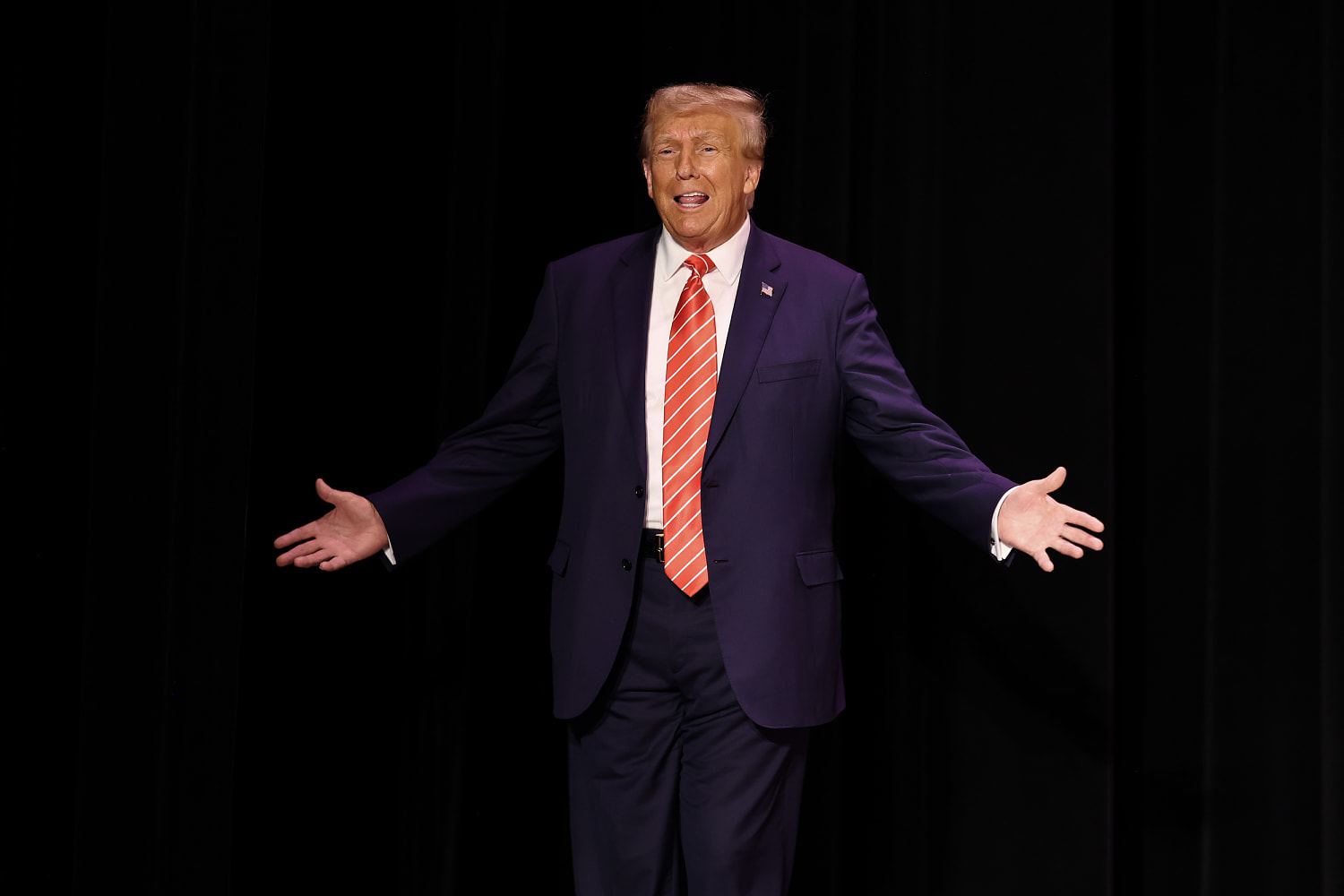
Donald Trump’s legal battles continue, this time in a Washington courtroom. The former president is seeking to quash his prosecution over attempts to overturn the 2020 presidential election, which ultimately led to the January 6, 2021 attack on the U.S. Capitol. As the three-judge panel of the U.S. Court of Appeals for the District of Columbia Circuit prepares to hear oral arguments, here’s what you need to know:
Trump’s Criminal Charges
Trump faces four charges: conspiracy to defraud the U.S., conspiracy to obstruct an official proceeding, obstruction, and conspiracy against the right to vote and to have one’s vote counted. Trump has pleaded not guilty. The trial is slated to commence in March, but Trump’s appeal could potentially delay the proceedings.
What Has Happened So Far?
On December 1, U.S. District Judge Tanya Chutkan denied Trump’s motion to dismiss his indictment on grounds of presidential immunity and constitutionality. While the case is currently on hold, Trump’s appeal has opened the possibility for the appeals court to proceed. Previously, Special Counsel Jack Smith sought immediate intervention from the Supreme Court, but the request was denied.
The Legal Arguments
Trump’s lawyers argue that former presidents enjoy absolute immunity from criminal prosecution for any “official acts” while in office. They also claim that prosecuting Trump for actions he was already impeached and acquitted for would constitute double jeopardy. On the other hand, the special counsel’s office argues that presidential immunity from civil liability does not extend to criminal liability. They emphasize the lack of support for Trump’s immunity claim in historical materials and point out that former President Richard Nixon was subject to prosecution after leaving office.
Could the Court Sidestep the Immunity Question?
In addition to the arguments made by both sides, the court may address points raised in friend-of-the-court briefs. One such brief argues that the appeals court lacks jurisdiction in this appeal, which would mean the case should return to Judge Chutkan for the trial to proceed. Former Attorney General Edwin Meese III submitted another brief, contending that all proceedings against Trump should be dismissed due to the alleged unlawfulness of Smith’s appointment as special counsel.
The Judges
The panel consists of three female judges, two of whom were appointed by President Joe Biden. Judge Karen Henderson, appointed by Republican President George H.W. Bush in 1990, is the senior member. The other two judges are Judge Michelle Childs and Judge Florence Pan, both recent additions to the court.
The Lawyers
Dean John Sauer, a former Missouri solicitor general and clerk for conservative Supreme Court Justice Antonin Scalia, will argue on behalf of Trump. Representing the special counsel’s office is James Pearce, a career lawyer in the Justice Department.
The Arguments
The appeals court has scheduled a 45-minute oral argument, but the session may extend beyond that as judges pose questions to the lawyers. The arguments will be streamed live on YouTube.
What Happens Next?
As the court is expediting the case, a ruling could be issued promptly. Regardless of the outcome, the losing party is likely to appeal to the Supreme Court. The Supreme Court will then decide whether to take up the case and issue its own ruling. If Trump loses the appeal and the Supreme Court declines to hear the case, the trial could proceed quickly.
Source link: F5mag.com
